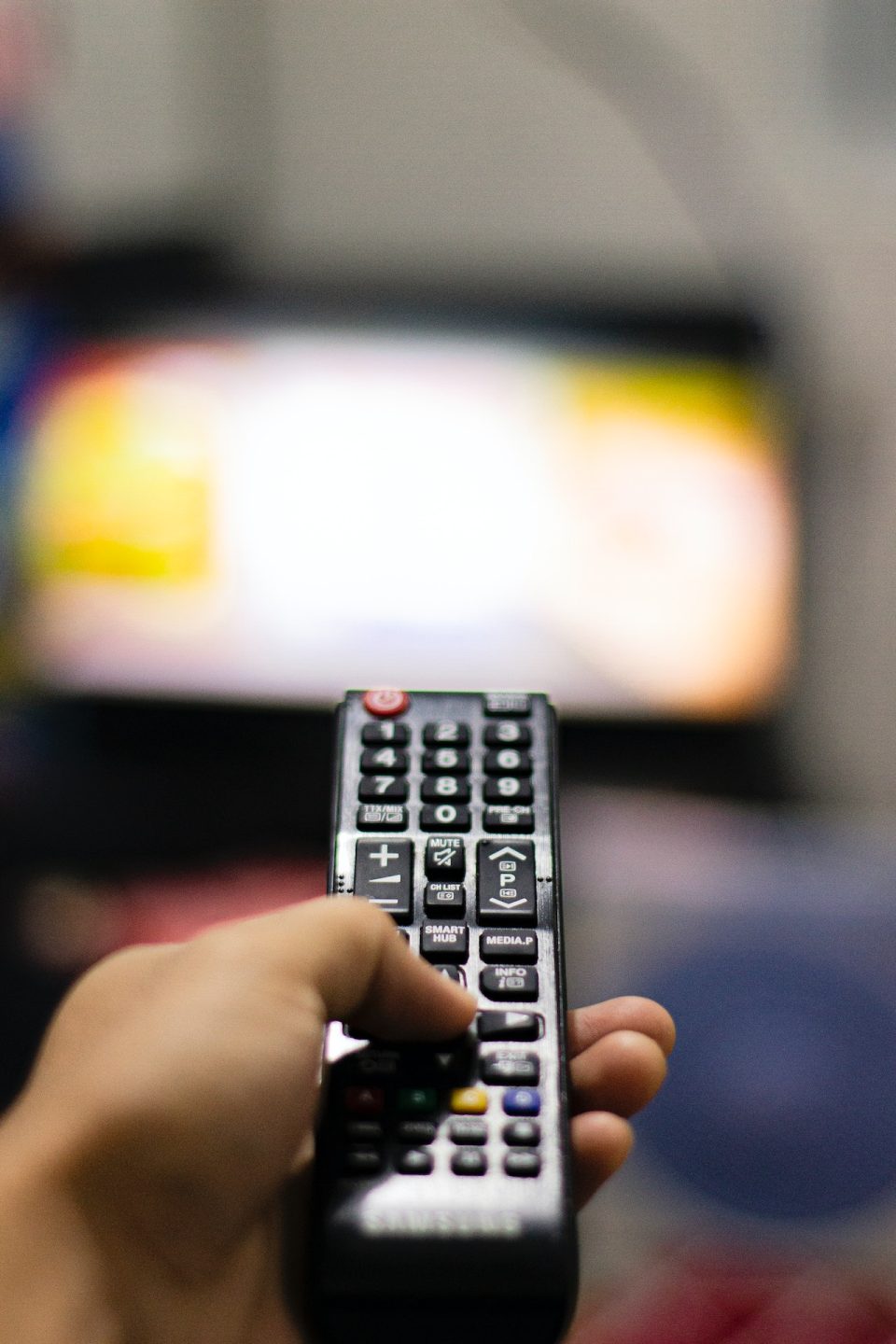In a landmark deal reached this week, Charter (CHTR) and Disney (DIS) have paved the way for a transformational shift in the media landscape. The agreement comes after Disney withdrew its owned and operated channels, including heavyweights ESPN and ABC, from Charter Spectrum cable systems in late August. At the Bank of America Media, Communications, and Entertainment Conference on Wednesday, Charter’s CFO Jessica Fischer emphasized the crucial role Disney played as the “first mover” in this precedent-setting arrangement.
Fischer stated, “We needed them to be a first mover to get us into this transformational model. Overall, we believe that going forward in the long term, we’ll be able to moderate the growth in content costs for consumers based on what happened in the arrangement with Disney.”
The crux of the stalemate in negotiations was whether Disney should grant Charter subscribers complimentary access to its ad-supported streaming services as part of the telecom giant’s cable packages. The blackout cast a shadow over high-profile sporting events like the US Open and coincided with the NFL’s debut, intensifying the pressure for a resolution.
This Monday, the companies announced a breakthrough, signaling the end of the media blackout. Under the new arrangement, Charter will integrate select Disney streaming services—comprising the ad-supported version of Disney+, ESPN+, and ESPN’s soon-to-launch direct-to-consumer offering—into specific cable packages at no additional cost to consumers.
Fischer underscored the pivotal role of ESPN in the negotiations, stating, “[Disney] had the linchpin asset in ESPN. You couldn’t move to a new transformational model without ESPN. So because of that, we needed [Disney] to lead, which I think we said often, and it was true.”
ESPN Chairman Jimmy Pitaro, in an interview with The Hollywood Reporter, indicated that Disney secured “very strong” rate increases for ESPN, a move Charter willingly embraced given the immense value of the sports network.
As part of its strategy to adapt to the evolving media landscape, Charter has focused on bundling services amidst the cord-cutting trend. Fischer asserted that this agreement will not only “stabilize the linear video ecosystem” but also chart a path toward the burgeoning direct-to-consumer environment.
Financial experts on Wall Street have hailed this agreement as a victory for both parties. Charter gains increased flexibility within the traditional cable bundle, while Disney’s streaming platforms are poised to thrive as Charter subscribers opt for these services. Nevertheless, Disney did relinquish a selection of networks in exchange for robust ESPN rates. Networks like Baby TV, Disney Junior, Disney XD, Freeform, FXM, FXX, Nat Geo Wild, and Nat Geo Mundo will no longer feature in Spectrum TV video packages.
The remaining networks—including ABC Owned Television Stations, Disney Channel, FX, and the Nat Geo Channel—will continue to be part of the package. MoffettNathanson analyst Michael Nathanson anticipates that this deal will establish a precedent for similar strategic shifts in future industry negotiations.
In summary, this week’s agreement between Charter and Disney marks a significant milestone for consumers seeking cost-effective content options and a more stable linear video ecosystem. The first-mover approach by Disney, coupled with strategic rate increases for ESPN, sets a blueprint for the evolving media landscape. While some networks bid adieu, the core offerings remain intact, promising a fresh era in entertainment consumption.
Source: Yahoo Finance

